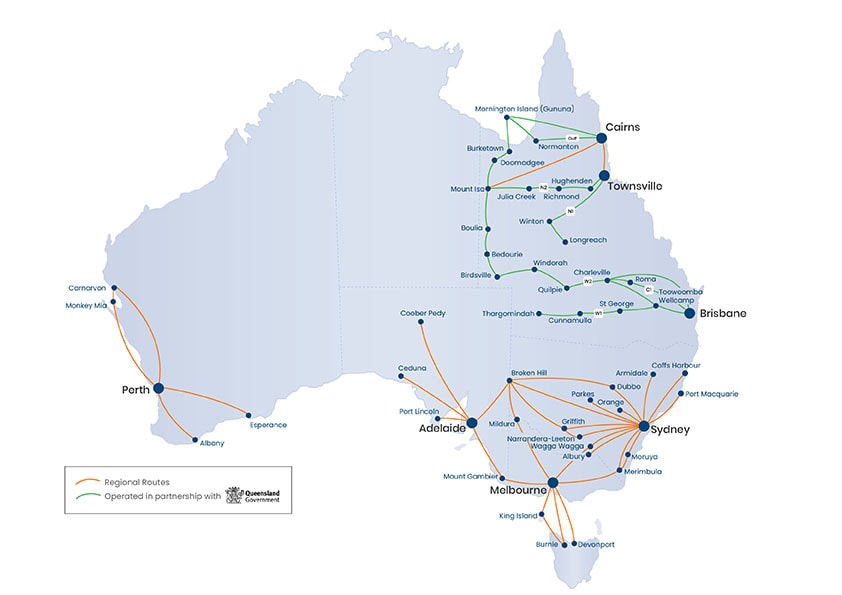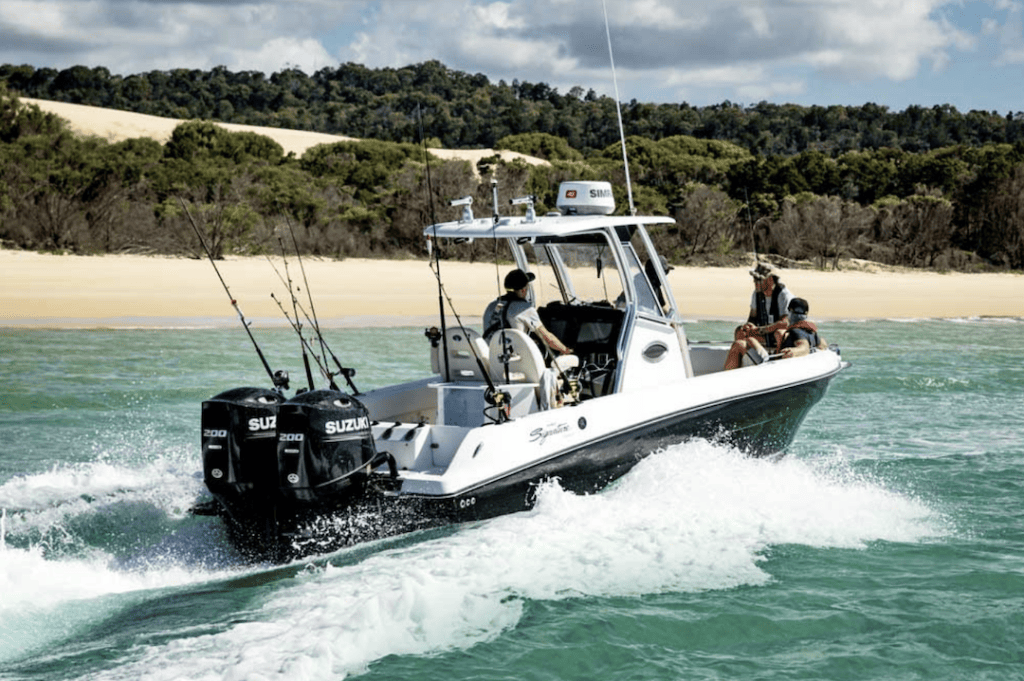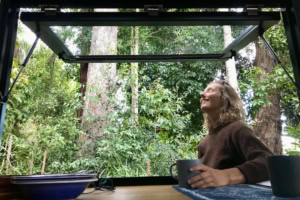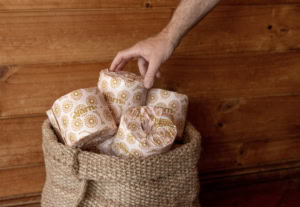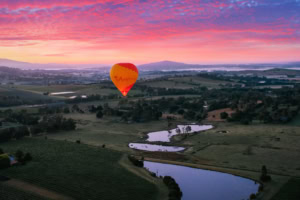There are so many fishing boats currently on the market, but transforming your fishing experience can be as simple as choosing the right one.
One of the things that appeals to many about fishing is that, at its most basic, it is an incredibly easy and cheap sport, in which anyone can participate. Perhaps images of Tom Sawyer and his friend Huck Finn using string tied on the end of a stick with a bent pin are a little simple, but kids can get away with not much more.
Fishermen, however, are no different to other humans: we absolutely love our toys. Why have six different rods if you can have 12? Why make do with a dozen flies or lures if you can fill your tackle box with 10 dozen? For that matter, what self-respecting fisherman gets by with only a single tackle box? Every year, before the annual pilgrimage to Fraser Island, I swear to my mates that I will carefully cull my gear and take only the bare minimum. And I do try, but they are still used to me bringing endless boxes, rods, bags and every other thing imaginable. Sometimes I feel a bit like a snail, moving house with all my possessions.
Fishing boats are similar. The traditional journey for your average boating fisherman begins with their family and a long history of boats, or they’ll join a friend for a few trips. The bug bites and then they need their own boat. Then they need to upgrade. It never ends.
But there are, of course, fishing boats and fishing boats — an extraordinary variety. It is not simply a matter of how deep the wallet is, it depends on the sort of fishing you enjoy. Chasing bass in a local dam requires a completely different craft to the type you’ll need for landing marlin offshore. In truth, the majority of those investing in a fishing boat will have serious experience. For those keen to make up on lost time, these thoughts may assist.
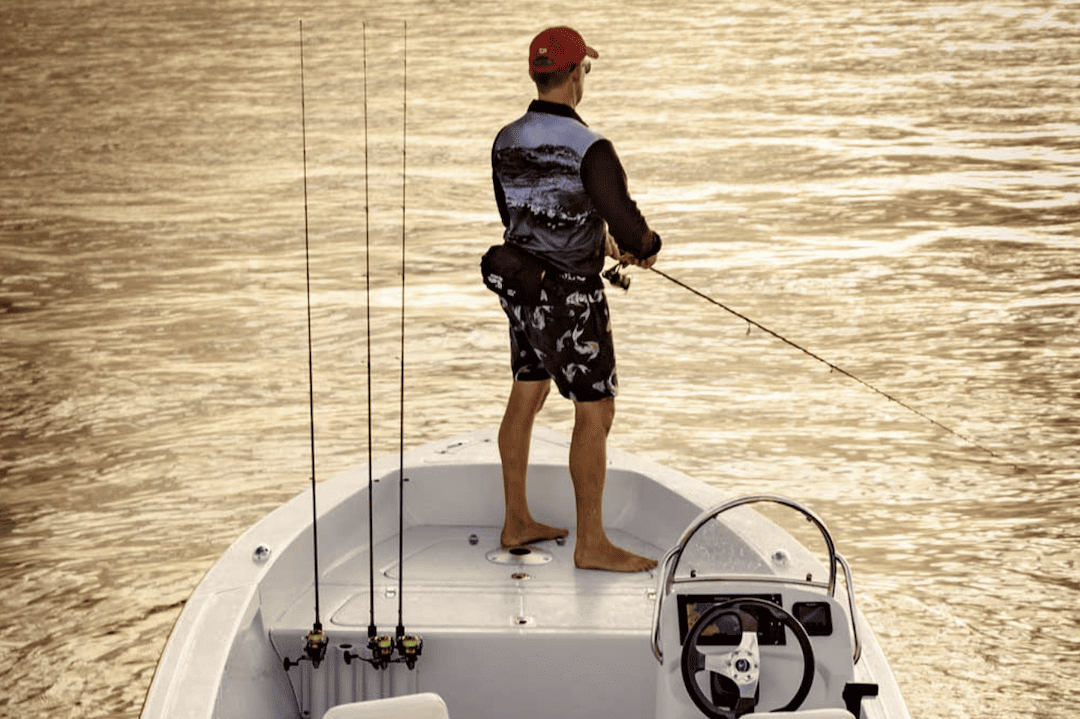
Offshore, deep sea and coastal
Offshore in northern Queensland requires a different approach to heading off the Gold Coast. Offshore northern Western Australia may be providing some of the most exciting fishing on the planet at the moment, but it’s something else again. It comes down to the sort of fishing and the sort of fish you are chasing. Saltwater fly is fantastic fun for many (myself included), others chase species hiding deep below. They require specific approaches, mindsets and gear. A 12-weight for fly; a solid handline might work best for the deep; a small game rod and Penn reel for chasing billfish (or possibly a big one); a Shimano for tuna trolling; or perhaps a Wilson Live Fibre rod for chasing snapper over a reef.
When choosing a boat, a good rule of thumb is that once you have ensured that all your major needs are met, check out the little things. They might seem inconsequential but with time they can make or break your love for your new toy. One example: that narrow space where one can stick toes under locked-in containers, providing anglers with more security and balance.
The one-size-fits-all approach is difficult but for an all-rounder, the Haines Signature range is a great place to start. Its ‘F’ series (‘F’ for Fishing) has more than a dozen options, varying from under five metres to six and a half.
For offshore, the Haines Signature 550F is worth a look. Ideal for fishing, there is provision for accommodation and it can double as a family craft but as always, consider what this boat offers then look through the range to see what works for you. Any fishing boat worth the name will offer the ‘standard requirements’ — space for gear, bait tanks, rod holders, etc — in addition to the appropriate motor, sounding gear, and trailer (take that into account — there’s not much point in going big if you don’t have a vehicle that can tow it).
Discuss options at the time of purchase — maybe you’d prefer less accommodation space and more room to fish. The 550RF (Runabout Fishing) has an ideal live bait tank and bait table, plenty of compartments (fishermen love compartments; you can never have too many tackle boxes!), plus a storage locker. The 180-litre fuel tank gives good range, with the optimal four-stroke engine. Suzuki, Honda, Yamaha and Mercury are all highly regarded. As a kid I used to try and talk my old man into a Mercury. I knew nothing about engines but loved the look of a big black outboard. One assumes serious fishermen will make their decisions on a more rational basis.
Optional bimini tops protect from the elements. Packages can include all the bells and whistles — chemical toilets, GPS, safety gear and more. All up, there should be some change out of $80,000, making this good value. More than Tom Sawyer might have paid for his stick, string and bent pin, but fishing is not always a cheap pastime.
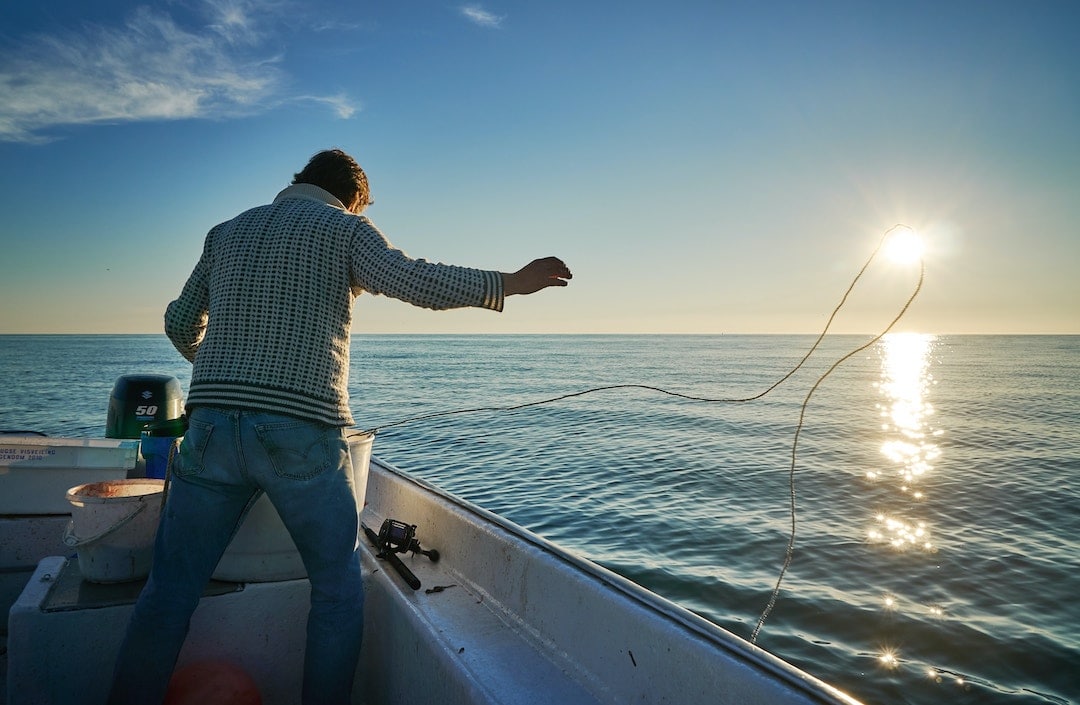
River fishing, dams and creeks
Everything about choices mentioned above applies here. Consider where you’ll be fishing. Is it a short hop to the fishing grounds or will you be covering considerable distances? Do you park yourself and wait for your prey to arrive or chase your quarry up and down the river? Are you looking at day trips only or will you be spending nights in it? Will it be just you or a large cast?
For a pure fishing boat (which can be used for other things, but is ideal for the weekend fisherman and those more serious), there’s the Haines Signature 485SF (‘SF’ for Sports Fisher, and it’s pictured top left). The good news: all up, you’re talking about a price a third to half that of the 550F package — not bad for an award winner and a universally highly regarded boat.
Seating, the fish tank, live bait tanks, under-floor fuel tank, built-in icebox, the rear (aft, for those of a nautical nature) casting deck — all designed for and by fishermen (well, I assume it was designed by fishermen because if it wasn’t, they got very lucky). Mix and match to make your perfect craft. What appeals to me is the casting deck that allows for some potentially great fly-fishing — barramundi at Awoonga Dam, saratoga at Borumba Dam, bass almost anywhere. A five or six weight for the smaller fish; eight- to 10-weight for the larger. Of course, lure and bait fishing will be just as easy from this boat.
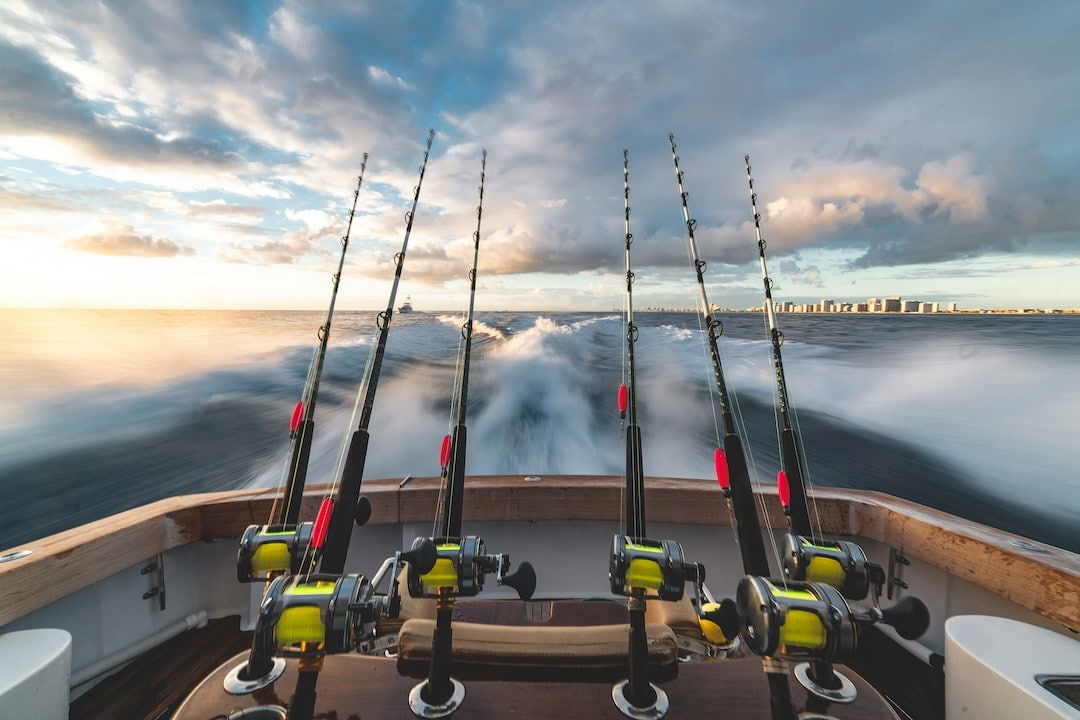
Rafts and kayaks
In recent years, largely inspired by pioneers in places like distant South America where fly-anglers chase massive tarpon and other monsters in largely unexplored rivers, we have seen fishermen taking to rafts and kayaks that are specially designed for this purpose. My short time fishing some of those rivers convinced me that dangling one’s legs in such murky waters was a touch risky — fortunately, kayaks allow your toes to remain both dry and attached.
If you’re curious, check out the Hobie site (hobie.com) and see whether this is something that might appeal. Space is limited, naturally, but every attempt has been made to provide storage, rod holders and all those little things fishermen love. This is fishing on the edge and the photos of some of the more adventurous catching large billfish from what seems such a small and flimsy craft is just a bit thrilling. One can almost imagine the successful anglers modifying Shakespeare’s famous Henry V speech: “We happy few, we band of brothers… and yes, those who have not attempted such feats can count their manhood cheap.” I, for one, am very envious.
We are largely talking pedal power here and one needs to ensure a level of fitness and comfort with the prevailing conditions of the day, but the fun of hooking a good fish in a dam or river — or even offshore — is surely one of the great fishing moments. And a very economical alternative to the full fishing boat.
Loving these fishing boats? To read about one of the best boat companies in Australia, click here.
